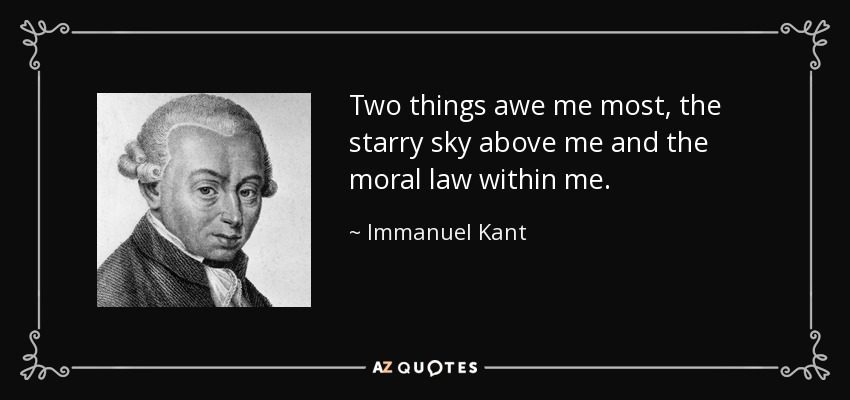Theodicy vs The Terror of History and the Impersonal Cosmos: Unveiling the Control System
Exploring the Cassiopaean Perspective on Evil, Suffering, and Human Liberation
Laura Knight-Jadczyk
...
When man contemplates history, AS IT IS, he is forced to realize that he is in the iron grip of an existence that seems to have no real care or concern for his pain and suffering.
…
But here’s the important thing: the problems that theodicy address more or less melt away when this concept of Impersonal Cosmic Consciousness is taken onboard: that the divine is a neutral, all-encompassing force rather than a personal, morally invested deity.
…
Christianity, Islam, and Judaism, frame God as a personal being with attributes like love, justice, or wrath. This personal God is the problem at the center of their theodicies. Having a priori assumed that God is their personal creator, and that He is good, they seek explanations for evil that align with divine goodness or intent. An impersonal Cosmic Consciousness—that blinks neither at the darkness nor light—challenges these frameworks. A personal God fulfills the human need for attachment, and becomes something like a parental figure. This provides comfort, security, and a sense of being cared for, especially in times of distress. Theodicies reduce anxiety by framing suffering as purposeful. An impersonal Cosmic Consciousness can trigger insecurity or existential anxiety (e.g., Kierkegaard’s "dread"), as individuals lose the "divine parent." In the absence of a parental god, people might feel alienated. But, I would suggest that such a state might compel people to seek alternative relationships with their community and/or Nature itself, which probably would be a good thing.
…
An indifferent Cosmic Consciousness would disrupt such a narrative, leaving the individual to construct some other meaning. The lack of external validation may activate the brain’s tendency to introspection but that’s a risk if the intellect is incapable of finding meaning on its own. This can lead to existential nihilism or, conversely, a shift to self-directed purpose (e.g., Nietzsche’s "will to power"). So, in the end, the need for cognitive closure drives most people to reject the impersonal view. Nevertheless, there are those who come to this view and adapt very well through intrinsic motivation, finding purpose in aligning with cosmic balance.
The Cosmic Consciousness view - or Divine Cosmic Mind as I like to call it - can deeply affect a person’s ability to regulate their emotions while coping with reality. If you have a personal God, you can pray and thereby activate the parasympathetic nervous system, reducing your stress. The belief in divine intervention, in miracles, offers hope, and creates a buffer against grief or fear. Here I will mention that the Cosmic Consciousness view, when fully developed, actually does NOT negate miracles or even ‘Divine Guidance’, it just recasts it into a more logical framework. But we’ll get to that further on.
Without a personally responsive deity, a person must self-regulate their emotions which can help them develop reliance on internal resources like stoicism or mindfulness. Yes, in the beginning, this can be stressful. Such an idea is pretty much reality shattering. The idea might also provoke anger or resignation, as there’s no entity to blame or petition. But, over time, the person learns to build emotional autonomy. The fight-or-flight response may initially dominate, but acceptance and reframing things engages prefrontal cortex functions and actually contributes to higher brain development.
There’s another important issue to consider if the Divine Cosmic Mind is impersonal: Morality and Accountability or Crime and Punishment. A personal God gives humans a moral anchor, with rewards (heaven) and punishments (hell) reinforcing ethical behavior. This external observer, jury, judge and executioner, contributes profoundly to our social norms. But an indifferent Consciousness removes this external judge, shifting moral responsibility to the individual or collective. This can liberate some to create their own ethics but unsettle others, leading to moral relativism or anomie, defined as alienation and purposelessness experienced by a person or a class as a result of a lack of standards, values, or ideals. (Durkheim). The absence of divine wrath might reduce fear-based compliance. While it may seem that we are living in such a time, I would like to draw a distinction between living in a world where people have lost faith in God/Spirit and have taken wholeheartedly to rank materialism, and a world where there IS a Divine Cosmic Mind and there ARE rules that order things. But, again, we will come to that.
Confronting and seriously considering the idea of an impersonal Cosmic Consciousness often triggers an initial crisis—loss of comfort, meaning, and moral certainty—followed by adaptation.

